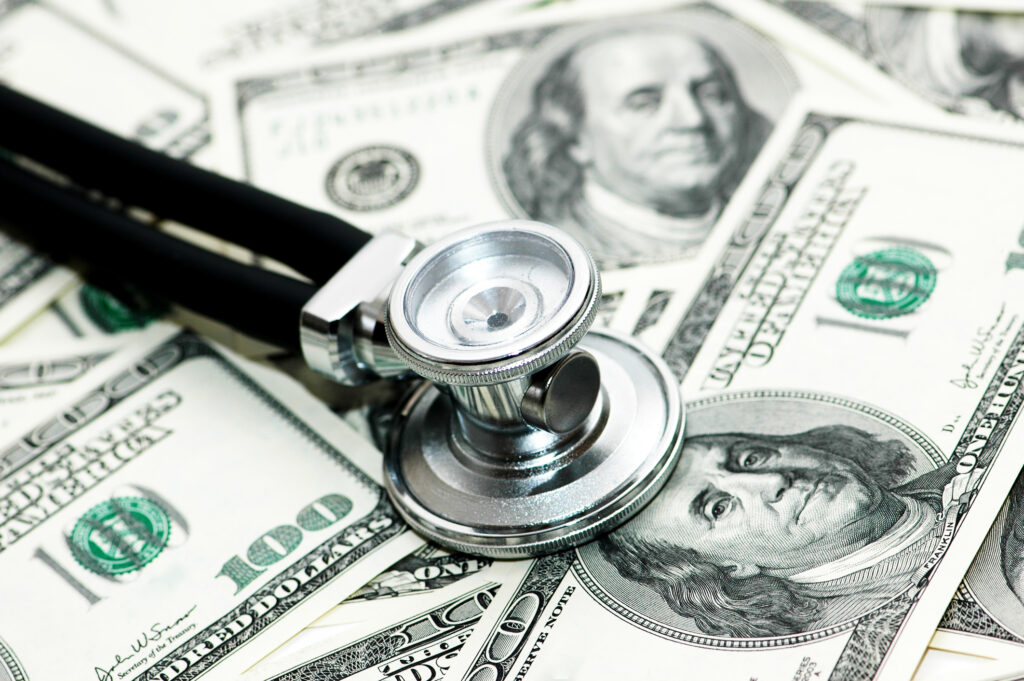Have you ever been in a car accident?
It doesn’t matter if you walked away “scot-free” — chances are you’re still replaying that nightmarish scene in your head over and over again.
The screeching brakes. The sound of metal on metal. The violent jolt…
Let’s be clear on one thing:
Most people assume that car accidents only cause physical injuries. It’s only natural, right? We walk away with dents and bruises after a crash, not an emotional state. But here’s the thing: in most cases, the psychological damage caused by a car accident can be far worse than any broken bone or bruised rib.
And this is the even scarier part — these psychological effects can last for months, years or even decades.
Let’s take a closer look at:
- The Hidden Mental Health Crisis After Car Crashes
- How Your Brain Responds to Automotive Trauma
- The Most Common Psychological Conditions That Develop
- Long-Term Effects That Can Change Your Life Forever
The Hidden Mental Health Crisis After Car Crashes
Hold on to your seatbelts, because I’m about to drop a bomb on you…
Motor vehicle accidents are the leading cause of civilian post-traumatic stress disorder (PTSD) cases in the United States.
Pause for a second.
That’s right. More than war. More than natural disasters. More than violent crime.
Car accidents.
But here’s what’s even worse – according to the U.S. Department of Veterans Affairs, 9% of all car accident victims will go on to develop post-traumatic stress disorder.
In other words, if you’ve been in a serious crash, you have a nearly 1 in 10 chance of developing a severe mental health condition that can dramatically impact your life.
Pretty freaking terrifying, right?
The truth is, your physical body may come out of a car accident virtually unscathed. But your emotional well-being can be completely shattered. And unlike your arm, which might take 6 weeks to heal, these psychological scars can take months or years to fully recover from.
When you need legal guidance to deal with the aftermath of a car accident and its psychological effects, find an experienced car accident lawyer in Arkansas who knows how to handle trauma-related damages.
How Your Brain Responds to Automotive Trauma
Are you interested in getting to know what actually happens to your brain during a car accident?
Whenever your body undergoes a traumatic experience such as a car crash, your stress hormone cortisol literally sky-rockets. Your body is put into a full-on panic mode. What scientists call the “fight or flight” response.
Here’s how that looks:
When your brain detects an immediate threat to your life, it floods your system with stress hormones. Time slows down. Your heart starts to pound. Your senses are on full alert.
This is all completely normal and, in fact, necessary for you to survive the danger.
But here’s the thing…
Your brain is supposed to calm itself down after the crisis is over. That’s not the case for many car accident survivors. Instead, their brain refuses to shut off.
The siren remains constantly ringing in their heads, even after it’s safe.
Imagine this for a second: if you’ve been in a serious crash, your brain has learned that cars are a threat to your life. It doesn’t matter where you see them: on TV, on the street, in a newspaper, in a movie, on a billboard…
ALARM! ALARM! ALARM!
Your brain perceives it as you being in mortal danger again.
The Most Common Psychological Conditions That Develop
Let’s guide you through some of the most common mental health conditions that develop after car accidents…
Post-Traumatic Stress Disorder (PTSD)
PTSD is the biggie. Here’s what it looks like for car accident survivors:
- Flashbacks – You relive the accident over and over again, complete with a racing heart and profuse sweating
- Nightmares – The crash invades your sleep, leaving you exhausted and malnourished
- Hypervigilance – You’re constantly on edge, checking for danger
- Avoidance – You refuse to get behind the wheel and drive or even sit in a passenger seat
A thing that many people don’t know? PTSD symptoms can take weeks, even months to appear.
Anxiety and Depression
Anxiety after a car accident is a hell of a lot more common than many people realise. Your mind becomes wired to believe that driving is super dangerous. Symptoms can include panic attacks, avoiding highways or specific types of driving, as well as physical symptoms like profuse sweating and shaking.
Depression also strikes many accident survivors, particularly if the crash drastically altered their lifestyle. This leads to a persistent sense of hopelessness and isolation that can last for years.
Driving Phobia (Vehophobia)
This one, by far, is one of the most life-altering consequences of a car accident. There are people with driving phobia who refuse to drive completely. Only drive within a short radius of their home. Feel extreme distress as a passenger.
Here’s the thing though…
We live in a society that requires driving, for the most part, to be able to do anything. If you can’t get behind the wheel, everyday life changes in dramatic ways. Getting to work becomes a nightmare. Your life’s independence vanishes in an instant.
Long-Term Effects That Can Change Your Life Forever
Guess what? Psychological effects of a car accident don’t just go away on their own.
Without proper treatment, they can:
- Interfere with your ability to work
- Damage your relationships with family and friends
- Lead to substance abuse issues
- Cause chronic sleep problems
- Result in social isolation and withdrawal
One thing that really gets to me is that many car accident survivors never get the psychological help they need. They focus on healing physical injuries, and just assume the mental stuff will “take care of itself.”
Spoiler alert:
It doesn’t.
Studies show that untreated psychological trauma caused by car accidents can persist for decades, with some developing chronic pain conditions or other physical ailments directly related to the mental trauma that they suffered.
Relationships become damaged, career performance declines, and even simple tasks become major ordeals.
Getting the Help You Need to Recover
Here’s the good news – psychological trauma from car accidents is highly treatable.
The key is getting help as soon as possible.
There are several types of therapy that have been proven to work on car accident trauma:
Cognitive Behavioural Therapy (CBT) – Identifying and changing negative thought patterns
Eye Movement Desensitisation and Reprocessing (EMDR) – Designed specifically to process traumatic memories
Exposure therapy – Gradually being exposed to fears in a controlled environment
In some cases, medication can also help, such as anti-anxiety drugs, antidepressants or sleep aids.
While professional help is key, you can also support your recovery through relaxation techniques, physical exercise, maintaining supportive relationships and avoiding alcohol and drugs.
But please, for the love of God, don’t think…
…that self-care is enough to heal serious psychological trauma. Don’t just “tough it out” – get professional help.
The Bottom Line
The psychological effects of a car accident can be just as traumatic, if not more, than any physical injury.
From PTSD to driving phobia to chronic depression, these mental health conditions can completely change your life if left untreated.
But here’s the one thing you need to remember:
- You’re not weak if you’re struggling mentally after a car accident
- These psychological effects are common and completely treatable
- The sooner you get help, the better chance you have for a full recovery
- You deserve compensation for your psychological damages, not just physical ones
Don’t let anyone tell you to “get over it” or “move on.” Psychological trauma is real trauma and it demands real treatment.
If you’re dealing with the effects of a car accident – whether a recent or one that happened years ago – get the help you deserve. Your mental health is just as important as your physical well-being.
And the last but not least, healing is possible. With the right support and treatment, you can overcome psychological effects and reclaim your life.
Disclaimer
The information provided in this article, “Understanding the Long-Term Psychological Effects of Car Accidents” by Open MedScience, is intended for general informational and educational purposes only. It is not a substitute for professional medical advice, diagnosis, or treatment. Always seek the advice of a qualified healthcare provider or mental health professional regarding any questions or concerns you may have about your physical or psychological health following a car accident.
Open MedScience does not provide medical, legal, or therapeutic advice. Any references to legal guidance or professional support services are provided for informational purposes only and do not constitute endorsements. Reliance on any information contained in this article is solely at your own risk. Open MedScience assumes no liability for any actions taken or not taken based on the contents of this publication.
home » blog » health matters »



